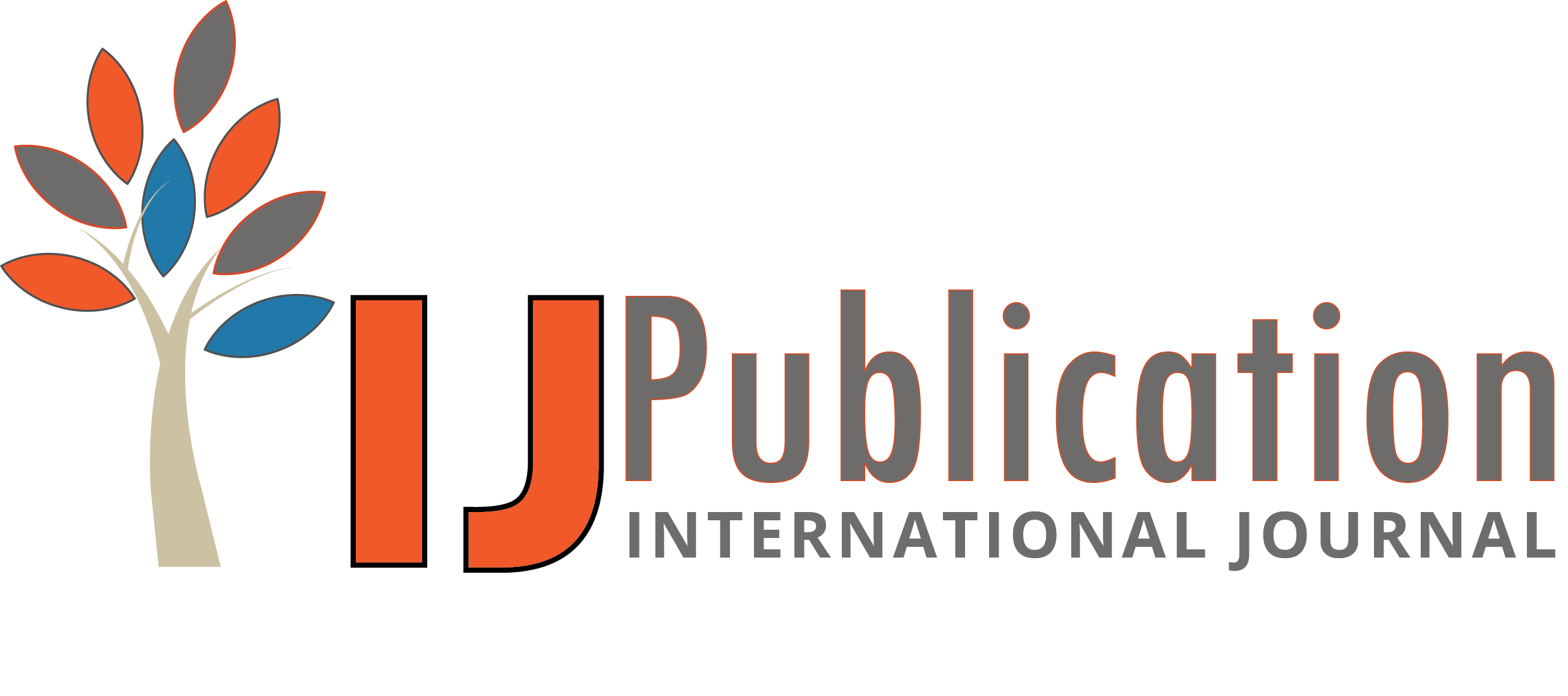Nimeshkumar Patel Reviewer
30 Oct 2025 03:19 PM
 Approved
Approved
Relevance and Originality
The research article explores the intersection of composable commerce and Web3 technologies with clarity and forward-thinking relevance. Its focus on decentralization, blockchain transparency, and user-driven trust models offers a fresh angle on how digital commerce can evolve beyond traditional intermediaries. The originality lies in connecting technological design with user sovereignty and community-led incentive structures, contributing meaningfully to the emerging literature on decentralized economic ecosystems.
Methodology
The study employs a conceptual framework that integrates layered architecture, progressive decentralization, and security considerations. This approach is suitable for examining emerging digital frameworks that lack extensive empirical data. While the methodology is sound and coherent, the addition of applied experiments or simulation data could further validate its theoretical propositions. Nevertheless, the framework provides a solid foundation for understanding organizational transition toward Web3-enabled commerce.
Validity & Reliability
The conclusions appear logically consistent with the underlying theoretical discussion, showing strong conceptual validity. The reasoning related to blockchain verification and decentralized identity reflects current technological best practices. Although empirical reliability cannot be fully assessed without data-driven testing, the alignment between argumentation and established Web3 principles gives the findings a high degree of credibility and academic soundness.
Clarity and Structure
The paper demonstrates strong organization, with ideas presented in a logical and progressive manner. Each section builds effectively upon the previous one, ensuring clarity across discussions of scalability, security, and decentralization. The author communicates complex technical topics in accessible language while maintaining scholarly precision. Minor additions such as real-world analogies or architectural visuals could further enrich the readability for diverse audiences.
Result Analysis
The analytical discussion effectively connects composable architecture and blockchain transparency to real-world implications for secure and equitable commerce. It highlights how token-driven ecosystems and decentralized identity systems foster trust and minimize dependence on intermediaries. The balance between innovation and practicality is well-maintained, and the conclusions align closely with the conceptual narrative presented.
Concluding Comments
Overall, the research provides a concise and insightful overview of how composable commerce and Web3 technologies can transform digital economies. It combines conceptual depth with practical foresight, making it both relevant and forward-looking. Expanding the work through applied demonstrations or empirical comparisons could enhance its academic impact, but as it stands, it contributes significantly to the understanding of decentralized digital commerce systems.








Nimeshkumar Patel Reviewer